There is a difference between knowing a house and knowing about it.
Growing Up Modern is Roger Benjamin’s fascinating tribute to his childhood home, Canberra’s innovative and iconic building: the Round House. Appearing broadly circular from its exterior, the Round House was—in actuality—of a Pythagorean, geometrical design. Complete with a glass cylinder down its centre and accentuated with rich mahogany beams and unique handmade furniture by Krimper, the Round House is reckoned to be a modernist masterpiece, winning Australian House of the Year in 1958 and becoming Heritage Listed in 2003.
The book is striking not only in the beauty and eccentricity of the author’s childhood home, but in the retelling of the lives of those people who were integral to the house’s creation. It was commissioned by affluent philosopher and professor, Bruce Benjamin, and his wife Audrey, a daughter of the CEO of Carlton and United Breweries, become writer and environmental activist. The Round House architect was Czech refugee Alex Jelinek, who was a brilliant student of Modernist Architecture in Prague before he fled his homeland by hijacking a plane post World War II. Alex Jelinek was also known for helping to construct Australia’s Snowy Hydro Scheme.
Growing Up Modern is a comprehensively rich text set against many social and cultural forces in history: from Communist Czechoslovakia post World War II, to the impact of Modernism in the Canberra of the 50s, and the psychedelic influence of the 60s and 70s on the newly widowed Audrey as she raised her young children on her own. The story of the Round House is not simply nostalgia for the author’s childhood—richly captured in this visual record—but the celebration of legacy, architecture, love and art.
The design and construction of the Round House has been meticulously documented by Roger Benjamin.
Wide pages and full colour throughout.
